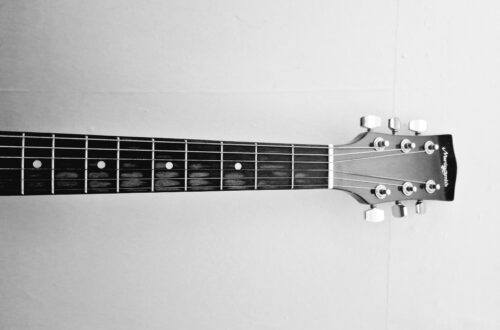
How long does it take to learn the guitar?
You might wonder, “How long does it take to learn the guitar?” This journey is more than just picking up skills, it’s about growing creatively and dedicating time to practice. There’s no simple answer, as learning guitar is a personal adventure filled with ups and downs for all of us.
Have you ever watched a guitarist and thought, “I wish I could do that”? The allure of the guitar is powerful, sparking dreams of playing mesmerizing solos or beautiful melodies.
This guide will touch on the stages of learning guitar, the commitment needed, and how personal experiences shape our path. By the end, you’ll have an idea of the journey ahead and feel motivated to begin.
Key Takeaways
- Learning the guitar is a journey that requires time, dedication, and practice.
- The time it takes to learn the guitar varies depending on individual factors such as skill, practice routine, and learning style.
- Understanding the guitar learning curve and setting realistic expectations is essential for progress.
- Emotional resilience and a growth mindset are vital for overcoming challenges and staying motivated.
- Celebrating milestones along the way can provide a sense of accomplishment and inspiration.
Table of Contents
Understanding the Guitar Learning Curve
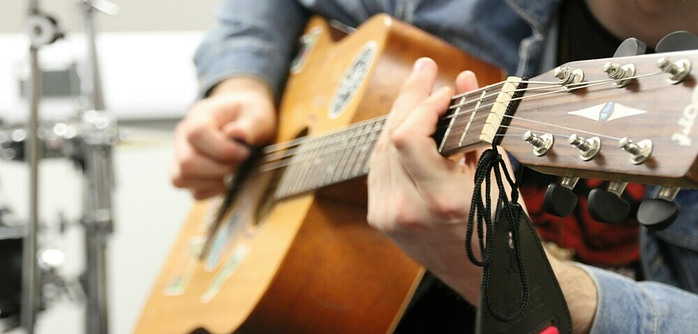
The guitar learning curve is all about how your skills and knowledge grow as you keep playing. It’s like going on a journey where you start with the basics and slowly move up to more tricky stuff and better musical skills.
Knowing about this curve is super important for anyone starting out with the guitar. It helps you set goals that make sense and see how far you’ve come. Now, let’s look into why starting with the basics is key and how you go from being a newbie to rocking out like a pro.
The Importance of Foundational Skills
Laying down a solid foundation is key, no matter what you’re diving into, and that includes learning the guitar. Getting a good grip on the basics paves the way for all the cool stuff you’ll learn later. Let’s check out some basic skills every beginner should work on:
- Getting the Hang of Holding the Guitar: Getting your posture right and knowing where to put your hands is super important. It makes playing easier and more comfy.
- Tuning Up: Knowing how to get your guitar in tune is crucial. It makes sure your music sounds just right.
- Starting with Basic Chords: Picking up chords like C, G, and D is where you begin. It lets you play some easy tunes and helps your fingers get stronger and more nimble.
How to Play The Basic Guitar Chords for Beginners
The Progression from Beginner to Advanced
As beginners gain proficiency in foundational skills, they can progress to more advanced techniques and concepts. The guitar learning curve typically includes three stages: beginner, intermediate, and advanced.
| Stage | Description | Skills |
|---|---|---|
| Beginner | Absolute beginners start here, learning basic chords, strumming patterns, and playing simple songs. | Basic chords, strumming patterns, fingerpicking, reading tablature. |
| Intermediate | At this stage, guitarists further develop their skills, exploring more complex chords, scales, and techniques. | Barre chords, scales, improvisation, music theory. |
| Advanced | Advanced guitarists have a high level of technical proficiency and musicality, with the ability to play intricate solos and compose original music. | Advanced scales, complex chord progressions, advanced techniques (e.g., tapping, sweep picking). |
Moving from a beginner to an advanced guitarist isn’t a straight line. How fast you get there depends on how much you put in, your practice habits, and how you learn. But getting the hang of the guitar learning curve gives you a map for steady growth and getting better.
The Emotional Rollercoaster of Learning Guitar

Learning to play the guitar is a journey that goes beyond just acquiring technical skills. It is a deeply personal and emotional experience that can be both exhilarating and challenging. As beginners, we often encounter frustration, self-doubt, and moments of feeling stuck in our guitar learning journey.
Overcoming Frustration and Self-Doubt
Feeling frustrated is totally normal when you’re learning something new, like playing the guitar. It’s easy to get down on yourself when those new chords or techniques just aren’t clicking. But remember, getting better takes time and hard work. Believe in your ability to grow and you will gain the muscle memory needed.
Here are a few tips to help you push past those tough times and keep doubting thoughts at bay:
- Break down complex tasks into smaller, manageable steps
- Practice regularly and consistently
- Seek guidance from experienced guitarists or instructors
- Persist through difficult moments and you MUST acknowledge and celebrate the small victories
Finding Motivation and Perseverance
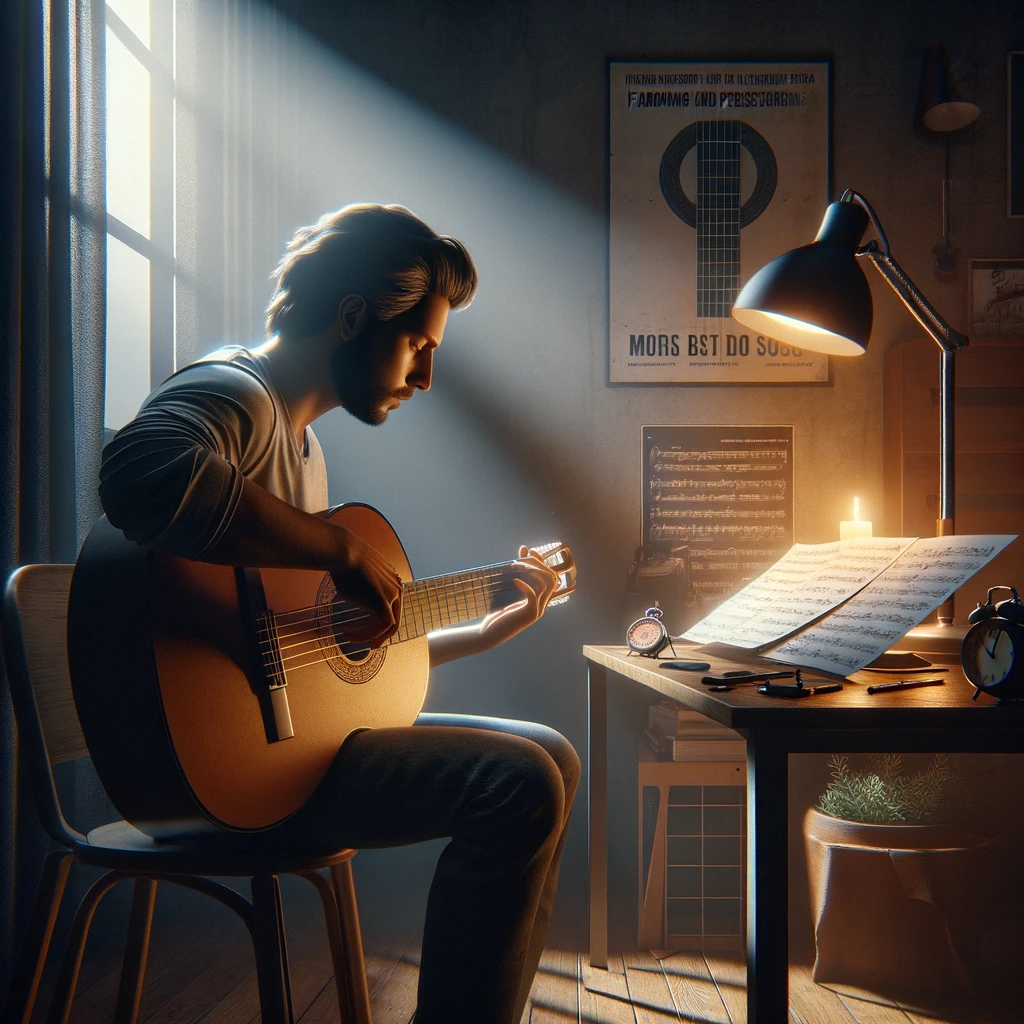
Keeping your motivation high and sticking with it through the good and bad times is a must for making progress on the guitar. It’s totally normal to have days when you’re not feeling it or can’t seem to find the spark. But with the right attitude and some smart strategies, you can get past these hurdles and keep your love for guitar going strong.
Here are some tips to help you stay on track with your guitar learning:
- Set clear and achievable goals
- Explore different genres and styles to keep your learning experience diverse and engaging
- Join a community of fellow guitarists for support and inspiration
- Reward yourself for reaching milestones or completing challenging tasks
Daily Guitar Practice Made Easy, Practical Tips For Beginners
Common Emotional Challenges in Guitar Learning
| Emotional Challenge | Strategies to Overcome |
|---|---|
| Frustration | Break down complex tasks, seek guidance, practice regularly |
| Self-Doubt | Trust in yourself, celebrate small victories, persist through difficult moments |
| Lack of Motivation | Set clear goals, explore different genres, join a guitar community, reward yourself |
Getting to grips with the emotional side of learning guitar helps us tackle the tough spots more smoothly and keep moving forward with determination and love for the music. It’s key to remember that playing guitar isn’t just about the technical bits; it’s a journey that changes us, letting us share our stories and feelings with others through the tunes we play.
The Role of Mindset in Guitar Mastery
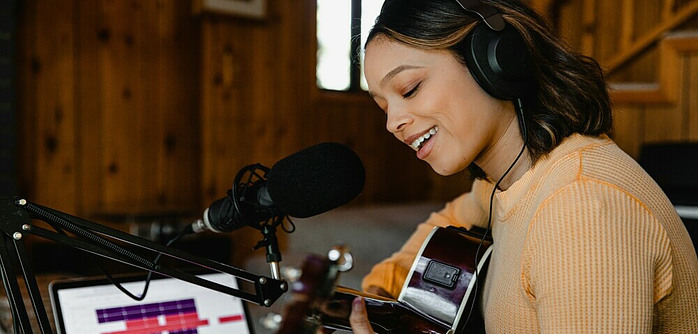
Mindset is a big deal when you’re aiming to master the guitar. Having a growth mindset is key to getting better. This means believing that you can improve your skills with enough hard work and dedication. When guitarists embrace this way of thinking, they’re better equipped to tackle challenges and keep on improving.
Developing a Growth Mindset
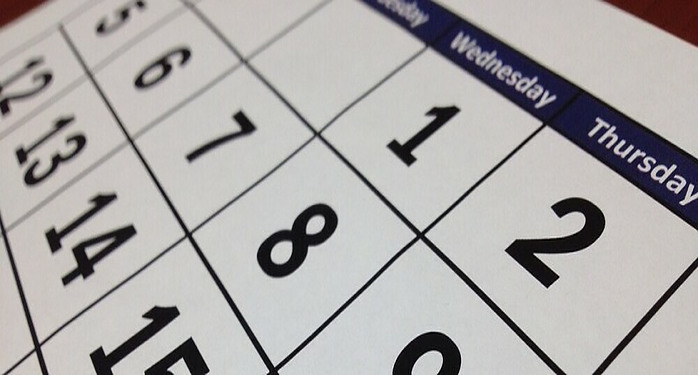
To build a growth mindset while learning the guitar, keeping a positive and tough attitude is crucial. Think of every slip-up and hurdle not as a setback, but as a chance to learn and get better. Challenges shouldn’t be seen as roadblocks, but rather as chances to move forward each day.
Here are a few ways to nurture a growth mindset:
- Celebrate progress: Try and notice the incremental improvements as you go along, no matter how small, this contributes to your growth as a guitarist.
- Set realistic goals: Break down your learning journey into achievable goals. Each goal achieved will boost your confidence and reinforce the belief that improvement is possible.
- Stay motivated: Surround yourself with like-minded individuals who share your passion for guitar. Engage in positive self-talk and remind yourself of the joy of learning and playing music.
Embracing the Learning Process
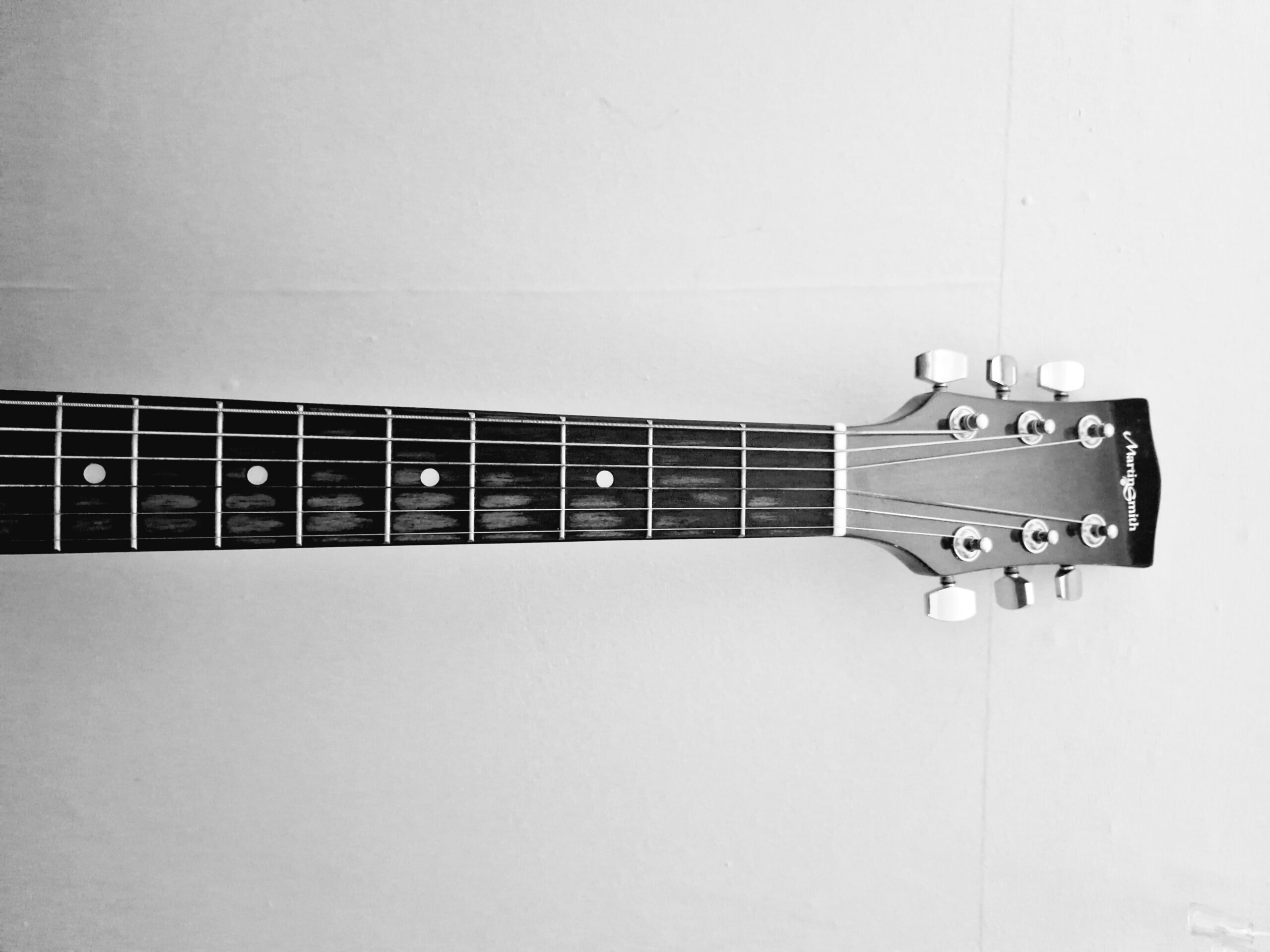
Learning guitar isn’t just about hitting a final goal; it’s about valuing every step along the way. Welcome the highs and lows as chances to get better. Keep in mind that getting better doesn’t always happen in a straight line. Every time you practice, you’re making a bit of progress.
Here’s how you can really get into the learning journey:
- Stay curious: Explore different genres and styles of music. Experiment with new techniques and approaches to keep your guitar learning journey fresh and exciting.
- Seek feedback: Welcome constructive criticism and use it as a tool for improvement. Feedback from teachers, mentors, or fellow guitarists can provide valuable insights and help you refine your skills.
- Practice mindfully: Approach practice sessions with intention and focus. Break down difficult passages and work on them systematically. Again, celebrate each small improvement along the way.
| Benefits of a Growth Mindset | Benefits of Embracing the Learning Process |
|---|---|
|
|
Milestones to Celebrate in Your Guitar Journey

Learning the First Song

Landing your first song on the guitar is a big deal, showing your hard work is paying off. It boosts your confidence and motivates you to dive deeper into music.
Pick a first song that you love but is also easy enough for your level, focusing on simple chords and rhythms. As you improve, you can challenge yourself with more complex pieces.
Patience and consistent practice are key. Break the song into manageable sections, practicing each one before combining them. Celebrate every progress step, as these build up to mastering the song fully.
Mastering Challenging Techniques
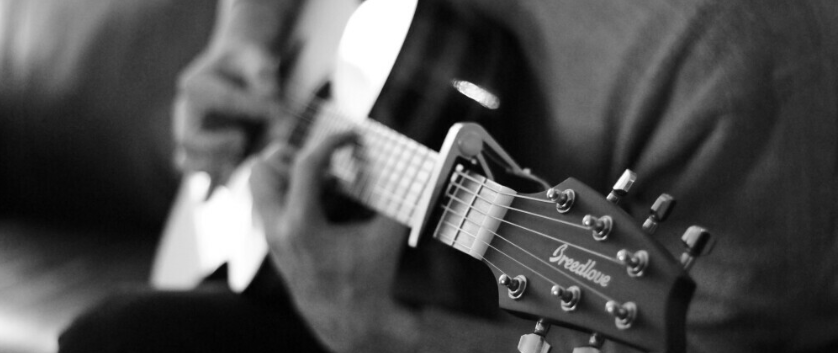
Mastering tough techniques is a key milestone that really shows how much you’ve grown as a guitarist. It’s about stepping up your game and trying out things like complex fingerpicking, intricate solos, or advanced strumming.
To tackle these challenges, break them down into smaller bits. Start slow, focusing on getting each part right, then gradually speed up. It’s okay to hit snags—getting these techniques down takes time, patience, and lots of practice for all of us.
Once you start mastering certain aspects, It really starts highlighting your progress and keeps you pumped to learn more and keep pushing your limits. So, let’s keep on strumming and aiming higher!
| Milestone | Description |
|---|---|
| Learning the first song | Achieving the ability to play a complete song on the guitar |
| Mastering challenging techniques | Successfully playing advanced guitar techniques and complex musical passages |
The Subjective Nature of Learning Guitar

Learning guitar is a journey that’s different for everyone. We all have our own ways of picking things up, and these personal learning styles really matter when it comes to getting better at guitar. Understanding that everyone learns differently is key to making the most of your practice time and really enjoying the process of learning.
The importance of individual learning styles

Every guitarist comes to their instrument with their own mix of skills, challenges, and likes. Some might be great at reading music and do well with a clear plan, while others might have a good ear for tunes and like learning by listening.
Figuring out how you learn best lets you shape your practice and learning methods to fit what you prefer. This custom way of learning makes the whole experience more fun and effective, helping you get better at guitar faster.
Customizing practice routines

Tailoring your practice routines is key to fitting your unique learning style and making the most out of your practice time. While some players might do best with a structured approach, focusing on technical drills and scales, others might get more from mixing in some improvisation and learning tunes by ear.
Trying out different ways to practice helps you find what works best for you, letting you focus on areas that need work. Again, this may take time to find the right personalized approach to you help bond more with your guitar and make learning more interesting and rewarding.
By shaping your practice sessions around your needs, you can tackle your weak spots, build on what you’re already good at, and develop a broad set of skills that match your own guitar-playing ambitions.
Daily Guitar Practice Made Easy, Practical Tips For Beginners
| Learning Style | Characteristics | Effective Practice Strategies |
|---|---|---|
| Visual Learners | Prefer visual aids, diagrams, and videos to understand concepts. | Utilize instructional videos, tablature, and visual resources to learn new chords, scales, and techniques. |
| Auditory Learners | Learn best through listening and repetition. | Focus on learning songs by ear, practicing melodic intervals, and utilizing audio recordings for learning purposes. |
| Kinesthetic Learners | Learn by doing and physical engagement. | Emphasize hands-on practice, playing along with backing tracks, and incorporating movement exercises into practice sessions. |
It’s Not Just About Time
While the question “how long does it take to learn the guitar?” is commonly asked, the answer is not solely determined by a specific timeframe. Guitar learning is a continuous process that requires dedication, practice, and a positive mindset. It’s supposed to be a life long journey, meaning even the most well known guitarist still have room for improvement.
The time it takes to learn the guitar will vary for each individual, and progress should be measured by personal growth rather than comparing oneself to others.
FAQ
How long does it take to learn the guitar?
What is the guitar learning curve?
How can I overcome frustration and self-doubt while learning guitar?
How can I develop a growth mindset in guitar mastery?
What are some milestones to celebrate in the guitar journey?
How can I tailor my practice routine to my learning style?
What’s the conclusion about the time it takes to learn guitar?
How can I start learning the guitar?






